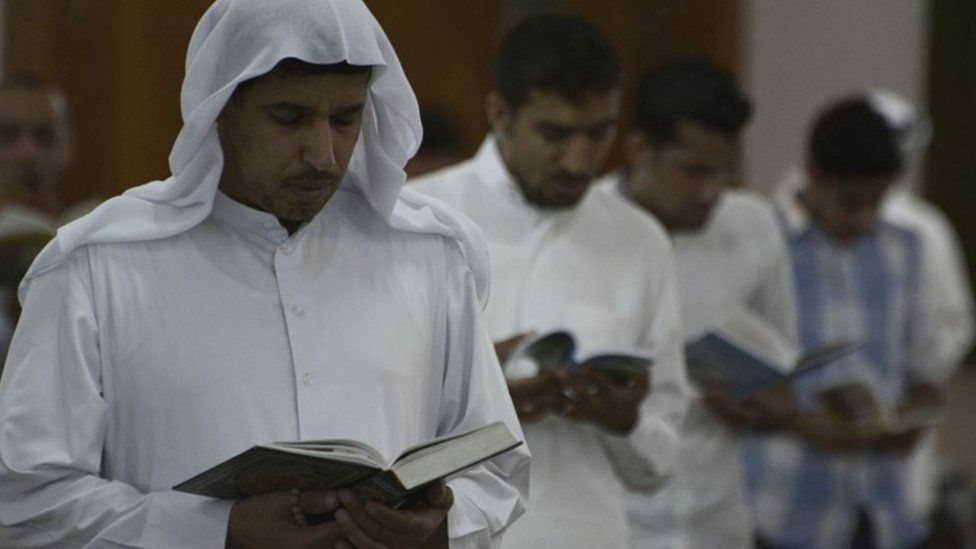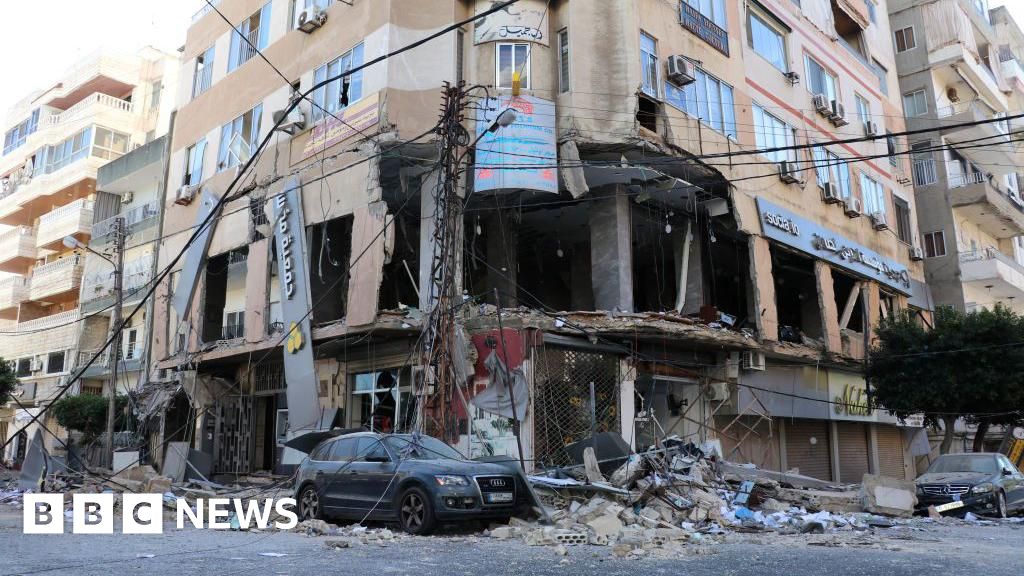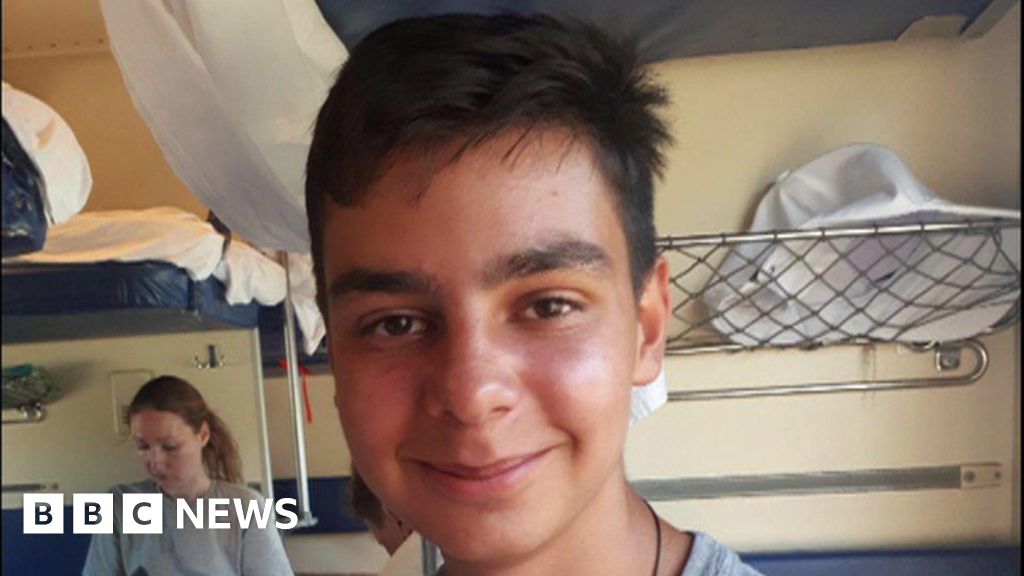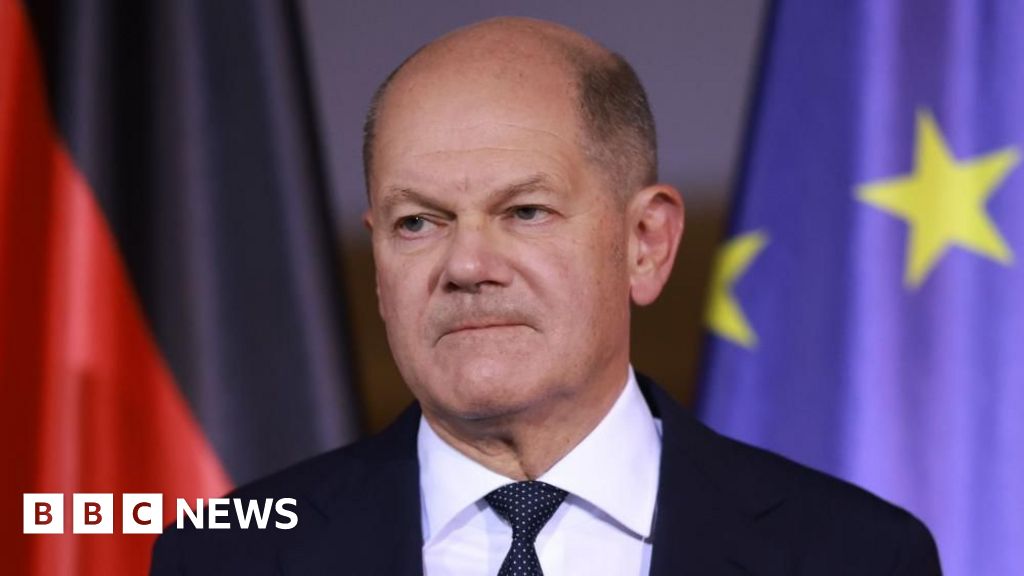ARTICLE AD BOX
 Image source, Getty Images
Image source, Getty Images
Human rights groups said the men (not pictured) had been exercising free speech
By Sebastian Usher
BBC Arab affairs editor
Three members of a religious and cultural society in Bahrain that advocates open discussion of Islamic issues have been given jail terms.
They were prosecuted under a law that criminalises "ridicule" of any of Bahrain's recognised religious texts, which include the Quran and the Bible.
Human rights groups say the men were persecuted for expressing their right to free speech and belief.
The society said the case had fuelled violence against it members.
In a series of programmes posted on YouTube, Al-Tajdeed Society has raised questions over Islamic legal theory and opinions issued by Islamic clerics.
The group is Shia Muslim, which accounts for the majority of Bahrain's population, although the ruling family is Sunni Muslim.
But prominent Shia clerics have been the most openly hostile to the organisation, denouncing its work as blasphemy and calling for Al-Tajdeed members to be ostracised.
A lawsuit was finally submitted against the group, with the prosecution saying the case had been brought "in defence of our righteous religion" and to "prevent sedition within society". It demanded the maximum punishment under Bahraini law.
Al-Tajdeed - which means renewal in Arabic - responded by saying in court: "Thoughts are to be challenged with thoughts, and words are not to be suppressed by the authority of the law".
The court has now sentenced the three defendants - Jalal al-Qassam, Redha Rajab and Mohammed Rajab - to a year in jail and a fine. The sentence is suspended, pending an appeal.
Al-Tajdeed has said that the court case has exacerbated an existing campaign at mosques and on social media, encouraging verbal and physical violence against its members.
During the trial, Human Rights Watch had called for the charges to be dropped and for a halt to inflammatory public comments condemning Al-Tajdeed on religious grounds.
Bahrain has established a reputation in the Gulf region for being open to religious tolerance and pluralism. It inaugurated the largest church in the region, Our Lady of Arabia Cathedral, in 2021. It also has the only remaining Jewish community in the Gulf.
But its human rights record has long been criticised by rights groups for discrimination against its Shia majority. The authorities deny this, but the main Shia opposition group Al Wefaq remains barred from participating in elections.

 1 year ago
18
1 year ago
18








 English (US)
English (US)